Deep in the interior of Thanjavur, South India, is a small village called Melattur, rich with traditions of rituals, dance, music and theatre. The male Brahmin priests of the Sri Varadaraja Perumal temple perform classical dance to chaste Carnatic music enacting various divine stories of Vishnu. Bhagavata Mela’s unique feature is that all artistes are male, including the dancers for female roles. They keep alive a 500-year old heritage handed down by their forefathers.
Melattur Venkatrama Sastri has written twelve plays in the Telugu language. Narasimha, the fourth Avatar of Vishnu, holds special significance to these Brahmin Bhagavatars. Every year on Narasimha Jayanti, which falls in the months of April/May, the native sons of Melattur gather here to celebrate the festival with a performance of Prahlada Charitram, the story of the Manifestation of the Avatar.
In the temple, a three-hundred-year-old mask of Narasimha is worshipped through the year. On the Narasimha Jayanti day, it is taken out and worn by the actor who is privileged to play the role of Narasimha.
Tradition is what we receive from our ancestors and hand down to posterity. Bhagavata Mela exists in Saliyamangalam, Teperumalnallur and Melattur. Every family offers one son to the tradition. As a child, he is trained in classical dance, speech and movement. The foundation of this art is unshakeably set in religious fervour and ritual. It is a community festival and a religious duty to continue this tradition.
The Bhagavatars have kept alive the tradition known to exist from the Chola era, resisting radical changes in society, and are persevering to nurture it.


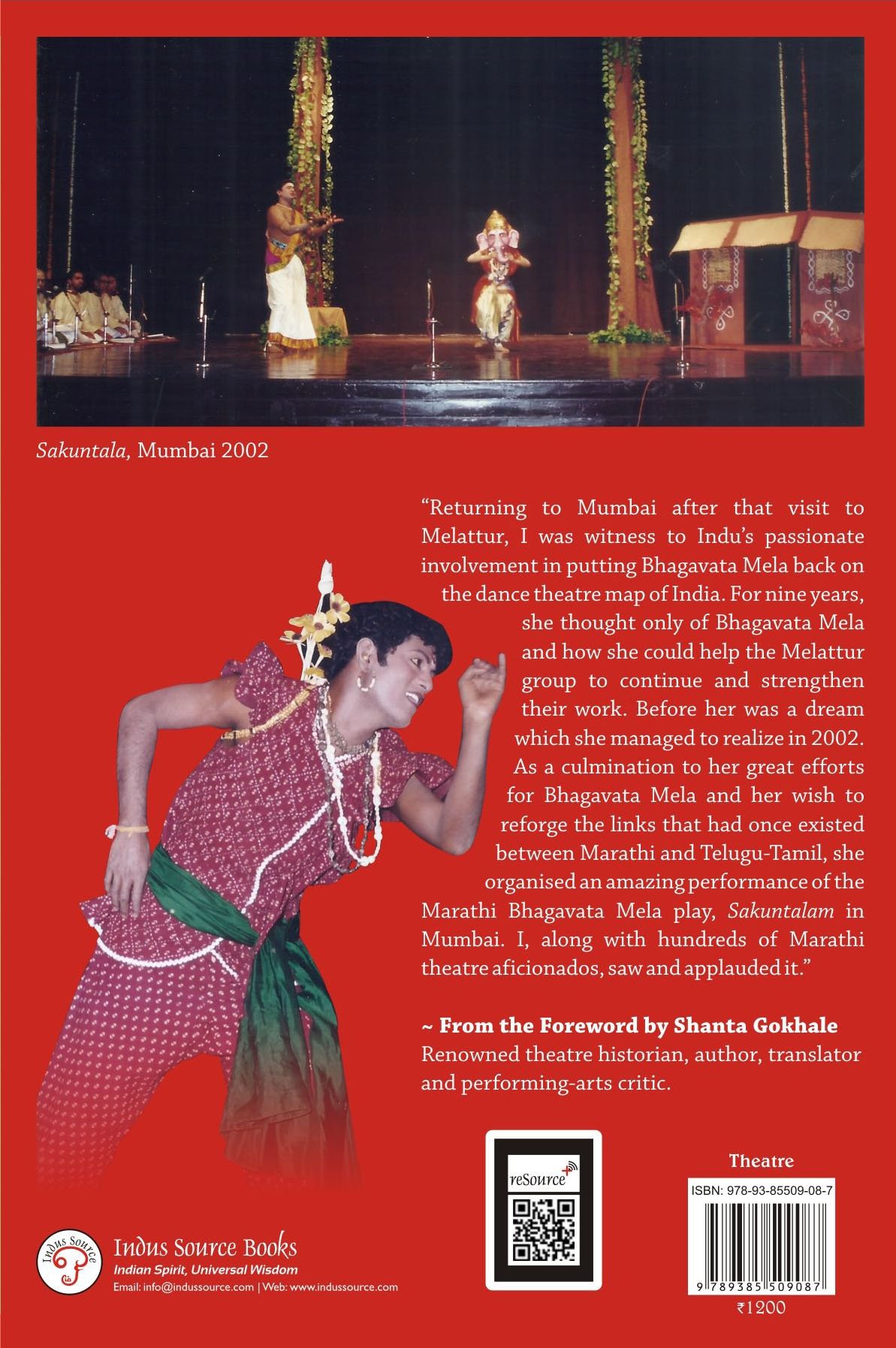




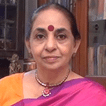

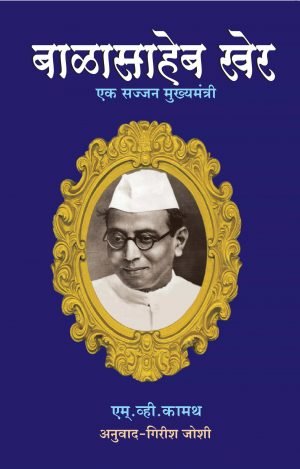

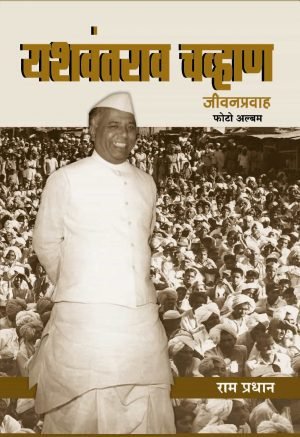
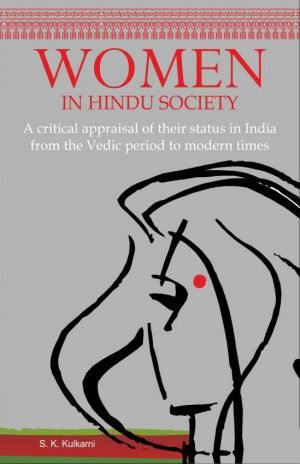
Reviews
There are no reviews yet.